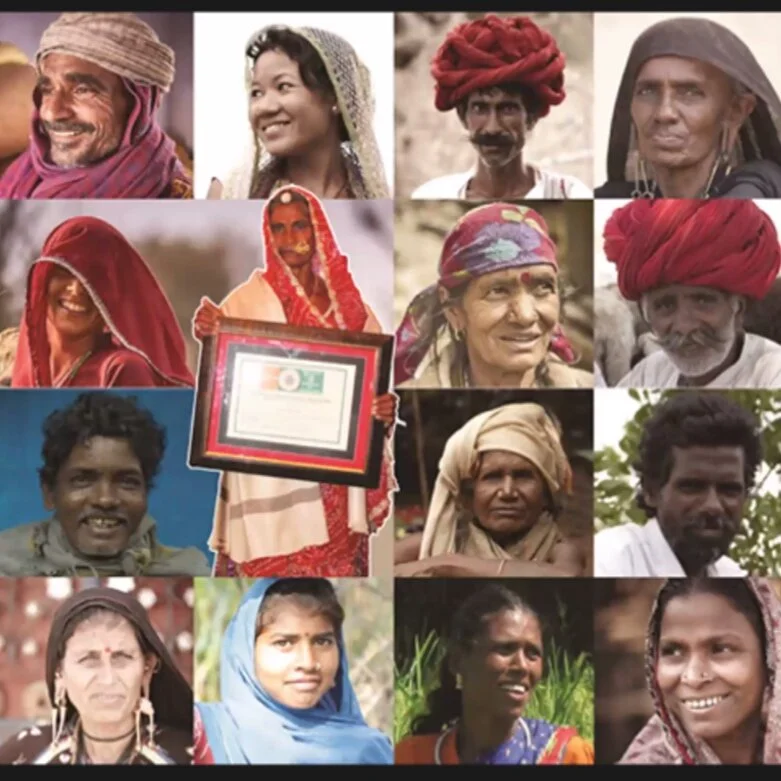Miscommunication threatens any effort to address environmental governance challenges. Paying attention to different perspectives through active listening can lay the groundwork for effective collaboration.
Read MoreThe COVID-19 pandemic has transformed how the world works, communicates, and collaborates. The lockdown heightens problems of environmental degradation, environmental justice, and climate change adaptation. When Collaborating for Resilience and the Foundation for Ecological Security (FES) found their joint convening in Bhubaneswar, Odisha postponed, we had to strategically adapt. An interactive Virtual Commons Exchange was convened instead – the first of its kind for FES and its partners. The Exchange brought together 45 organizations from some of the most remote locations across eight states of India to strengthen the “Promise of Commons” initiative spearheaded by FES. What lessons emerged, both in the event design and priorities for action?
Read MoreDialogue is difficult. Listening deeply to people with radically different perspectives, searching for solutions that go beyond convention, taking responsibility for change rather than passing it off to others—none of these are easy. Because our work is inherently tough, CoRe tends to attract people whose experiences working with communities facing deep inequalities give them reason to persevere. “Where does CoRe come from?” is a question I’m asked frequently now.
Read MoreRehabilitating degraded lands, restoring fisheries, or reducing greenhouse gas emissions all demand changes by actors at multiple scales; and power, profit, and livelihoods are at stake. Blake Ratner of Collaborating for Resilience recounts his experiences of pursuing big, systemic change when people don’t agree what the problem is, or how to solve it.
Read MoreIt’s become popular to say that the health of the environment and the health of human communities are interlinked. Yet much of the investment aimed at solving environmental crises still fails to make these connections. How can we do better?
Read MoreWhen Ning Savat laid down his arms at the end of Cambodia’s civil war, he returned to what he hoped would be a simple, peaceful life as a fisherman. What he did not know was that he was stepping into one of the country’s most prominent popular struggles of the post-war period.
Read More






